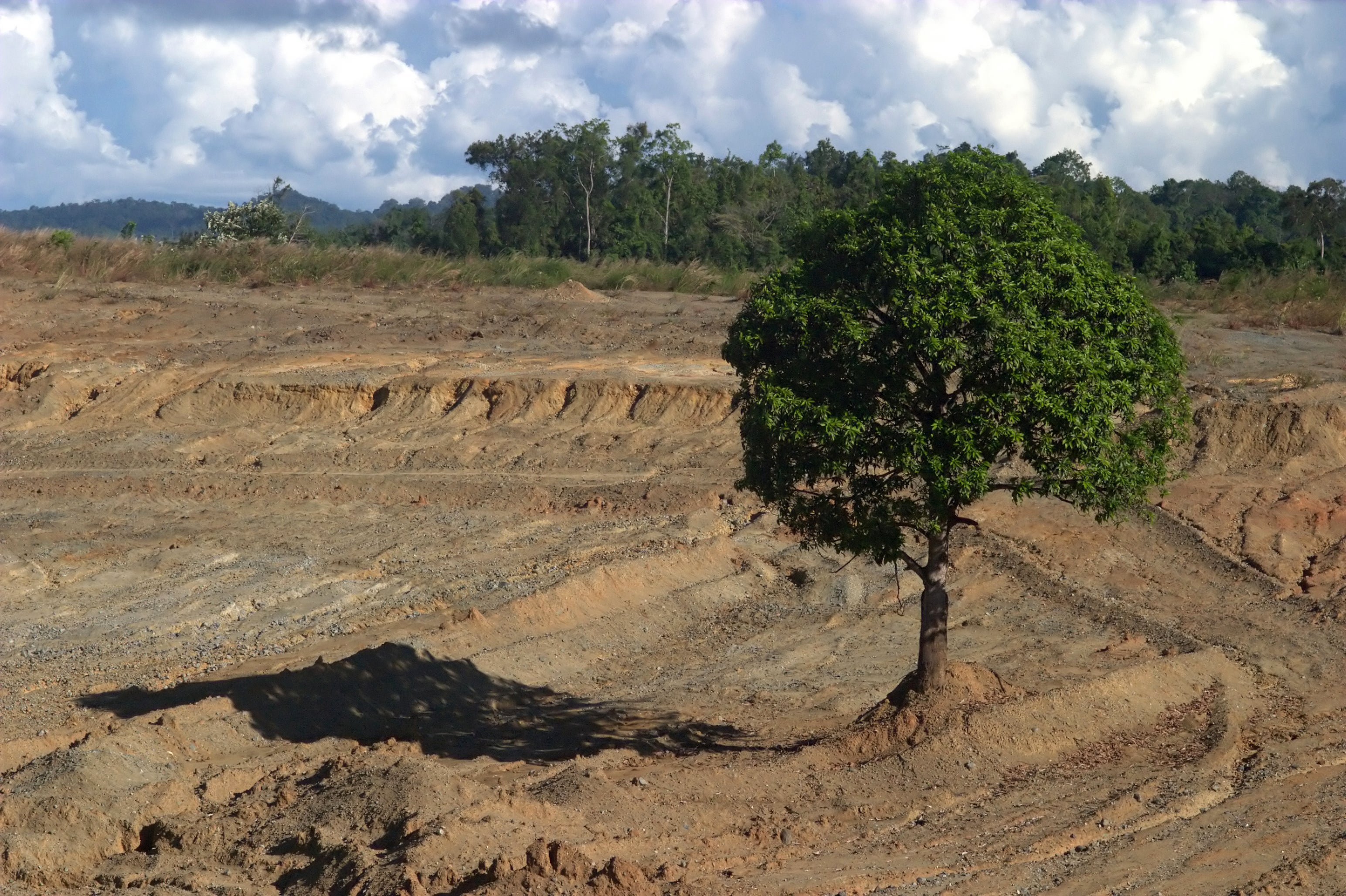Tropical deforestation linked to cognitive decline of workers, study says
Exclusive: People working in deforested landscapes scored lower on cognitive tests than those working under the cooling cover of trees, research finds

Your support helps us to tell the story
From reproductive rights to climate change to Big Tech, The Independent is on the ground when the story is developing. Whether it's investigating the financials of Elon Musk's pro-Trump PAC or producing our latest documentary, 'The A Word', which shines a light on the American women fighting for reproductive rights, we know how important it is to parse out the facts from the messaging.
At such a critical moment in US history, we need reporters on the ground. Your donation allows us to keep sending journalists to speak to both sides of the story.
The Independent is trusted by Americans across the entire political spectrum. And unlike many other quality news outlets, we choose not to lock Americans out of our reporting and analysis with paywalls. We believe quality journalism should be available to everyone, paid for by those who can afford it.
Your support makes all the difference.Tropical deforestation could be linked to the short-term cognitive decline of labourers, a new study suggests.
It finds that people working in deforested landscapes scored lower on cognitive tests than those working under the cover of trees.
The main reason for this being tree cover provides protection from heat, which can induce a range of health problems for outside workers, the research says.
The study, published in the journal Environmental Research Letters, was conducted in Indonesia, the world’s second largest deforester after Brazil. Much of the loss of Indonesia’s biodiverse rainforest has been driven by a global thirst for palm oil.
It is one of the first to assess the impact of heat exposure from deforestation on rural workers in a developing world country, says study lead author Dr Yuta Masuda, a senior sustainable development and behavioural scientist at the Nature Conservancy, a US environmental charity.
“Forests can provide cooling services to rural populations in tropical countries, and these populations often work outside and have little to no access to infrastructure needed to protect themselves against excess heat exposure. They are at the forefront of environmental change and climate change.”
Worldwide, tropical deforestation accounts for around 8 per cent of all human-caused CO2 emissions.
In countries like Indonesia, deforestation presents a twofold problem for rural workers, says Dr Masuda. This is because deforestation is contributing to global temperature rise while also leading to removal of the vital cooling service provided by trees.
“In another paper we found that larger deforested areas were associated with extreme warming in the tropics, suggesting that warming is likely to be more extreme in areas that experience deforestation,” he says.
For the new research, the scientists conducted an experiment with around 400 rural workers from an Indonesian province in Borneo. The workers were asked to carry out a manual labour task for 90 minutes, with half of the participants working in forested sites and the other half working in deforested sites.
Ambient temperatures in the deforested sites were around 2C higher than in the forested sites, the study says. “Black globe temperatures” – a measure of the heat experienced by the human body – were around 10C higher.
Trees can lower local temperatures by providing shade from sunlight and also through a process called “transpiration cooling”. This occurs when trees release water into the atmosphere from their leaves. As the water turns from liquid into vapour, the air is cooled.
After completing the task, the workers were then immediately asked to take a general cognitive assessment test and an episodic memory test.
The researchers found that participants that worked in the deforested sites had statistically significant lower scores on both the cognitive and memory tests.
This finding is in line with previous research suggesting that heat stress and dehydration can impair normal brain functioning, the authors say.
However, the authors did not investigate whether working in deforested sites led to long-term changes to cognition or memory ability. This is “definitely an area for future research”, says Dr Masuda.
The findings suggest that replanting trees on working lands, such as farms, in countries like Indonesia could help to tackle the climate crisis while providing vital cooling services for outside workers, he adds.
“Planting trees on working lands or restoring forests in parts of the landscape may provide cooling services that protect outdoor workers in areas that lack access to infrastructure and services.
“These are populations that are often the most vulnerable to the effects of climate change despite contributing the least to it.”

Join our commenting forum
Join thought-provoking conversations, follow other Independent readers and see their replies
Comments